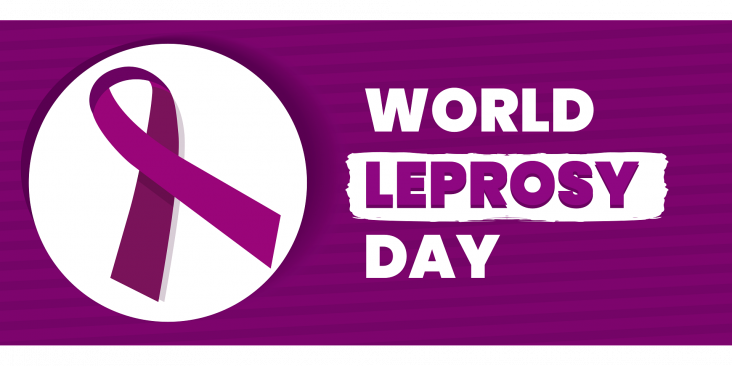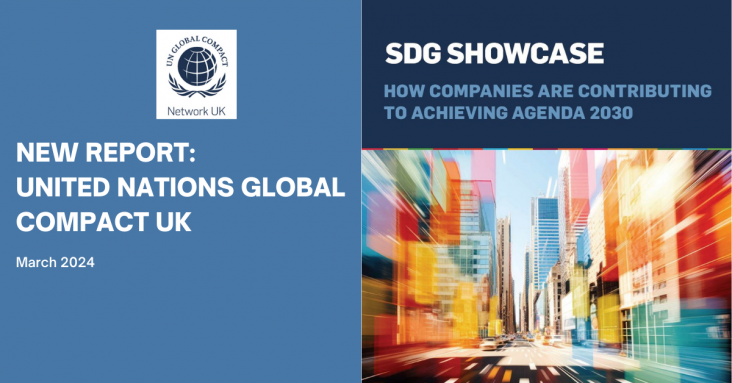It is important to have scientifically analyzed data to support the policy direction for children's schools, as they are a vulnerable group when it comes to emerging infectious diseases. [hotspot – schools]
This Review supports SDGs 3 and 15 by exploring the links between climate change, biodiversity loss, and infectious diseases. The authors focus on the social, political, and financial factors that frame these issues, and suggest that a better understanding of these interactions is needed to drive solutions.
This paper supports SDGs 3 and 15 by examining environmental exposures and risk of inflammatory bowel disease (IBD) in early life in a Danish cohort. The study found that increased agricultural land use was associated with a higher risk of Crohn's disease, while increased biodiversity and green space were associated with a lower risk of Crohn's disease. These findings may have implications for IBD prevention.
The paper highlights the interconnectedness of public health crises, such as pandemics, with biodiversity loss and climate change, as increased demand for materials to combat infectious diseases exacerbates environmental pressures, posing a threat to global sustainability and biodiversity.

2025's World Leprosy Day: A Unified Call for Dignity and Healing
Celebration and Recognition
The study forecasts AI-based innovation's impact on SDGs in 22 countries from 2022 to 2030 using System Dynamics Modeling. In most of the 22 countries studied, AI-based innovation positively affects SDGs 1, 3, and 5. For half of the countries studied, AI-based innovation positively influences SDGs 2, 4, 6–8, 11, 13, and 16–17. AI-based innovation does not positively influence SDGs 10, 12, 14–15 for most countries studied.
This primary research Article looks at the effects of being able to access community perinatal mental health teams compared with living in regions where those teams were not available. The study found that, among women with a pre-existing mental disorder, the availability of community perinatal mental health teams reduced the post-natal risk of acute relapse and increased the use of secondary mental health care.

In recent years, increased expectations from investors, regulators, employees, and customers have put significant pressure on companies to increase their sustainability efforts.
The Sustainable Development Goals (SDGs) are not just another sustainability framework, but the only universally agreed blueprint to turn meaningful ambition into transformational change. However, businesses report difficulties in integrating the SDGs into their core strategies and in understanding, reporting, and managing their impact on the Goals.
In support of SDG 3, the authors present a student mental health support system, based on artificial intelligence and big data analysis. The system designed through the research aims to provide a personalized mental health support and guidance resource for students, who face increasing psychological pressure in today's society. The system also provides effective mental health monitoring and support tools for ongoing mental health promotion activities in educational settings.
World Intellectual Property Day 2024 is highlighting the critical importance of intellectual property (IP) in catalyzing the human innovation and creativity needed for achievement of the United Nations Sustainable Development Goals (SDGs). This study provides an overview of the key debates and the recent evidence on the societal role of Intellectual property rights (IPRs).

